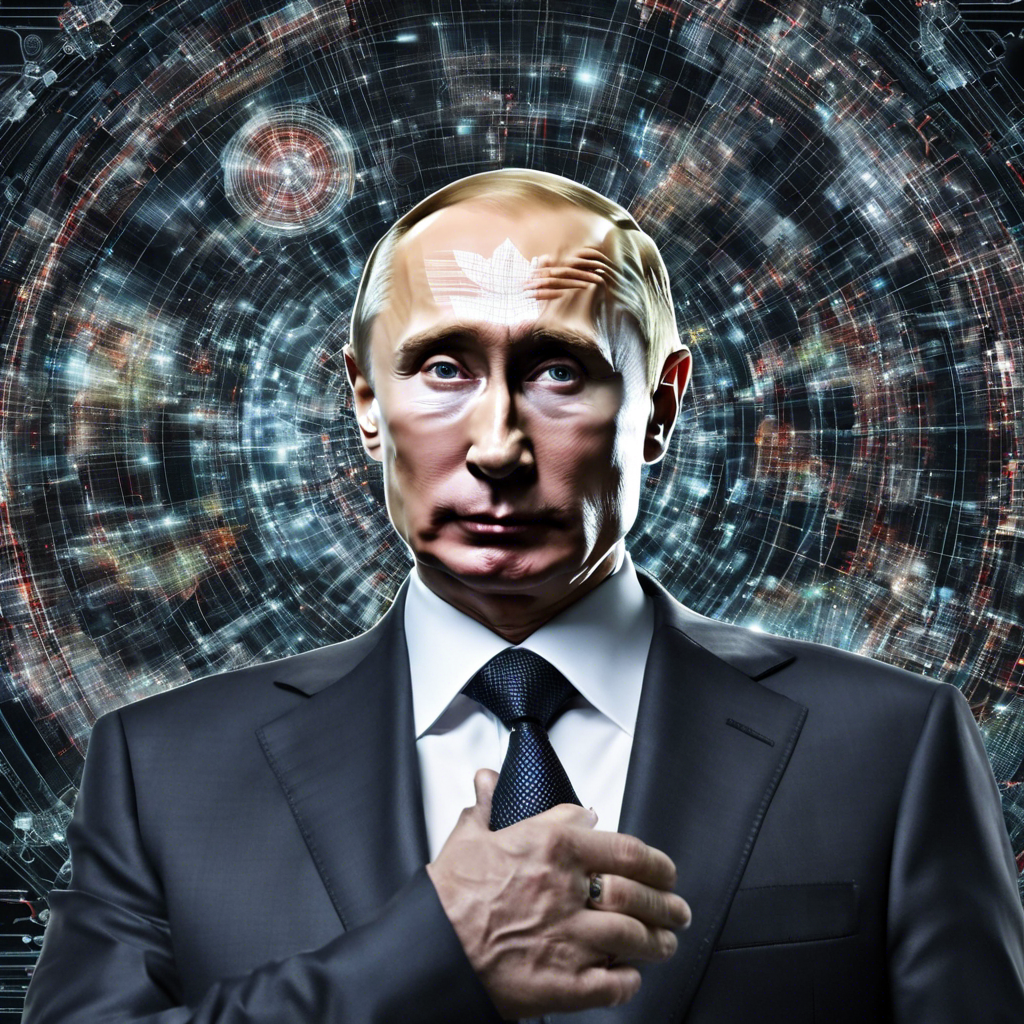Putin Announces Russia’s Ambitious AI Strategy to Counter Western Dominance

President Putin aims to develop a national strategy for AI development to challenge the Western monopoly in the field.
Russian President Vladimir Putin has unveiled plans for a new national strategy for artificial intelligence (AI) development to counter the dominance of the West in this rapidly advancing field. Speaking at the Artificial Intelligence Journey conference in Moscow, Putin emphasized the need for Russia to assert its own AI capabilities, expressing concerns that existing AI models from the West are biased against Russian culture. This move marks Russia’s determined entry into the global AI arms race.
Russia’s Vision for AI Development
In his speech, President Putin outlined the broad goals of Russia’s new strategy for AI development. He stressed the importance of Russian AI models reflecting the diversity and wisdom of all civilizations, emphasizing the need to preserve and promote Russian culture within AI systems. To achieve this, Russia plans to intensify research into generative AI and large language models. The country also aims to enhance its supercomputing capabilities and improve AI education at the highest level. Additionally, Putin highlighted the necessity of revising laws and fostering international cooperation to support Russia’s AI ambitions.
Addressing Bias in AI Models
Putin expressed concerns about the bias present in existing AI models, particularly those developed in English-speaking countries. He argued that these models often overlook or ignore Russian culture due to their reliance on English-only datasets or datasets that are favorable to the developers. According to Putin, this bias can lead to the erasure of Russian culture in the digital space. By developing its own AI models, Russia aims to address this issue and ensure the inclusion of its cultural heritage within AI systems.
Western Dominance in AI Research
The United States and the United Kingdom currently dominate AI research, with the highest number of significant machine learning systems, according to Stanford’s Institute for Human-Centered Artificial Intelligence. The United States boasts 16 significant systems, while the United Kingdom has eight. In contrast, Russia has only one. Furthermore, the majority of authors of these systems are from the United States and the United Kingdom, with only a handful from Russia. Putin’s announcement reflects Russia’s determination to challenge this Western monopoly and establish itself as a significant player in the global AI landscape.
Controversies and Concerns
The potential dangers posed by AI have sparked debates among researchers in the field. Some experts, including Geoffrey Hinton, a renowned AI researcher, have expressed concerns about the misuse of AI tools by “bad actors” like Putin. However, Putin dismisses the Western monopoly over AI as unacceptable, dangerous, and inadmissible. He believes that Russia must assert its own AI capabilities to ensure a fair and balanced development of the technology.
Conclusion:
Russia’s announcement of a new national strategy for AI development signals its determination to challenge the Western dominance in this critical field. President Putin aims to address the bias present in existing AI models and ensure the inclusion of Russian culture within these systems. By intensifying research, enhancing computing power, and fostering international cooperation, Russia seeks to establish itself as a significant player in the global AI landscape. The implications of Russia’s AI ambitions extend beyond technology, reflecting geopolitical competition and the desire to shape the future of AI development. As the AI arms race continues, it remains to be seen how Russia’s strategy will unfold and impact the broader AI ecosystem.










